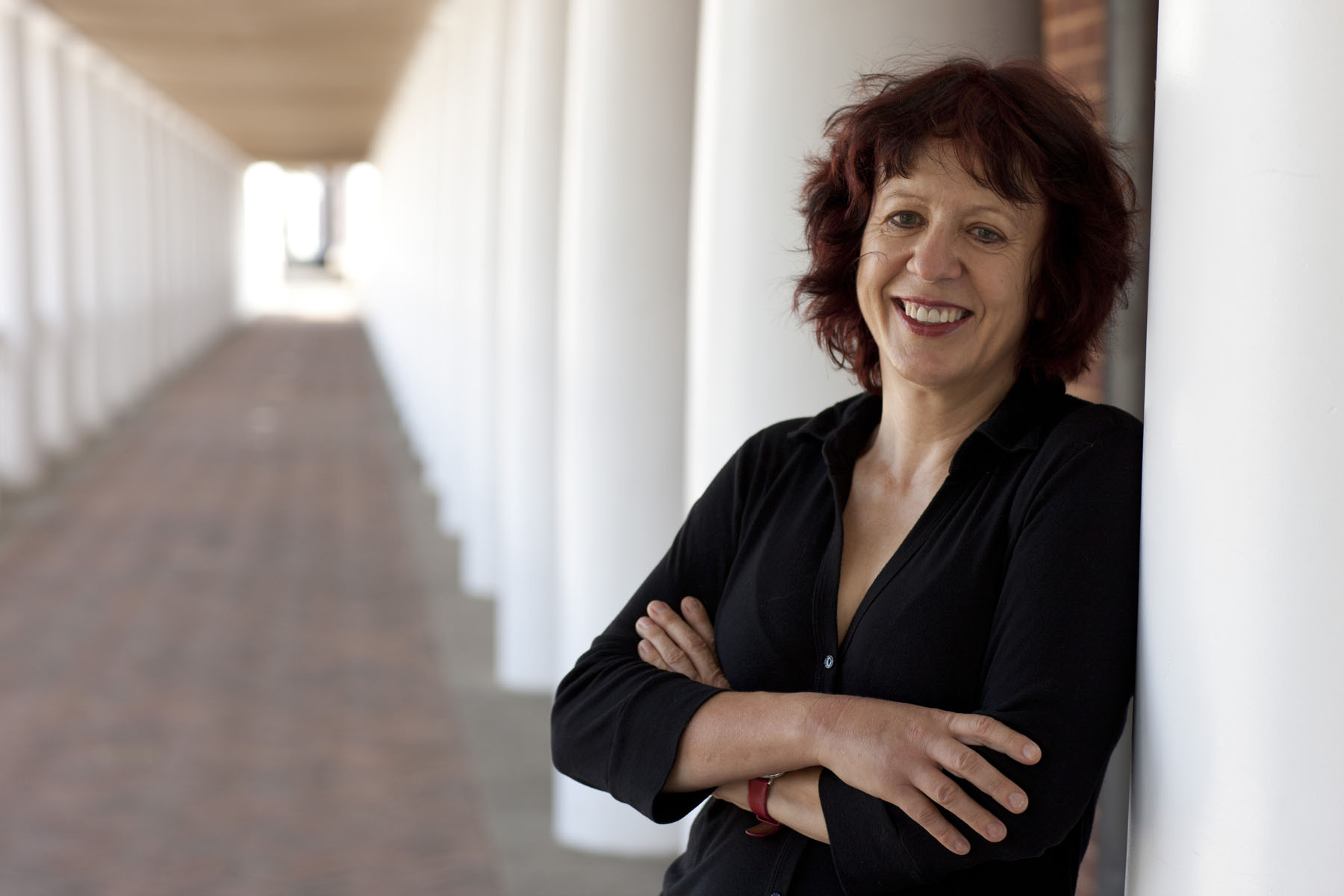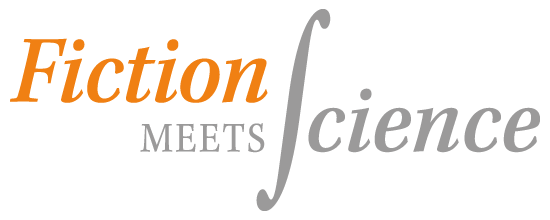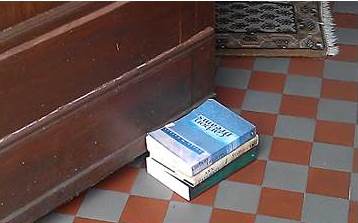Uses of Literature and the Case of the Science Novel
Organizers: Sina Farzin and Natalie Roxburgh
Hanse-Wissenschaftskolleg, Institute for Advanced Study
Lehmkuhlenbusch
4
27753 Delmenhorst GERMANY
Tel: 04221 9160-214
Uses of Literature and the Case of Science Novel
How is literature used? There are many ways to answer this question. In traditional literary criticism grounded in aesthetics, the literary work is seen as having no particular use, as being ‘above’ other cultural concerns. In Marxist literary criticism, there is no end to the use of a literary work, as its task is to produce and deploy ideologies. Most contemporary approaches lie somewhere in between these extremes. In sociology as well as in many recent approaches to literary studies, literature is useful for understanding society: Literary texts have been investigated as forms of sense-making or unmaking, tools of world-building, models for producing empathy, and as sources of information or knowledge.
The question of use has been important for discussions on the Fiction Meets Science group’s research on the science novel. In particular, we have become interested in the way highly specific forms of scientific knowledge and its production are depicted, and how these depictions shape societal concepts of scientific work in terms of its results, its social embeddedness, and its impact on society. Our readings have reached far beyond the theoretical assumption that a work is an aesthetic object removed from social concerns, and we have focused in large part on the uses of the science novel. And yet, unlike textbooks, political propaganda, science journalism, or science communication pamphlets, these novels represent science as a subject matter for ends that are neither purely political nor practical.
In this interdisciplinary discussion, social scientists and literary scholars from within and beyond FMS will present their findings and questions on the uses of the science novel and respond to the work of Rita Felski, a literary scholar who argues that literary works actively engage with their historical and social contexts. Felski’s oeuvre has been inspiring to many scholars working on science novels because, rather than unmasking power or promoting an apolitical aestheticism, these texts seem to connect with the world around them in useful ways, enticing us to read for many reasons, all the while preserving aesthetic concerns.
This workshop will feature a presentation by Rita Felski, short presentations by scholars working on science novels, and a structured roundtable discussion. Each contribution will discuss contemporary science novels through the lens of one or both of Prof. Felski’s two key works: Uses of Literature (2008) and Limits of Critique (2015). Throughout the workshop, there will be a chance for public discussion, and Prof. Felski will have the opportunity to provide a formal response to our exploration of the uses of the science novel.
 Rita Felski
Rita Felski

Rita Felski is a Professor of English at the University of Virginia and the editor of the journal New Literary History. Her current research centers on questions of method and interpretation. Recent Publications include The Limits of Critique (2015), Uses of Literature (2008), and, most recently, Critique and Postcritique (co-edited with Elizabeth Anker 2017). She also has longstanding interests in feminist theory, modernity and postmodernity, genre (especially tragedy), comparative literature, and cultural studies. In 2016, Felski was awarded the Niels Bohr Professorship at the University of Southern Denmark where she is leading the interdisciplinary research program Uses of literature: The social dimensions of literature.

